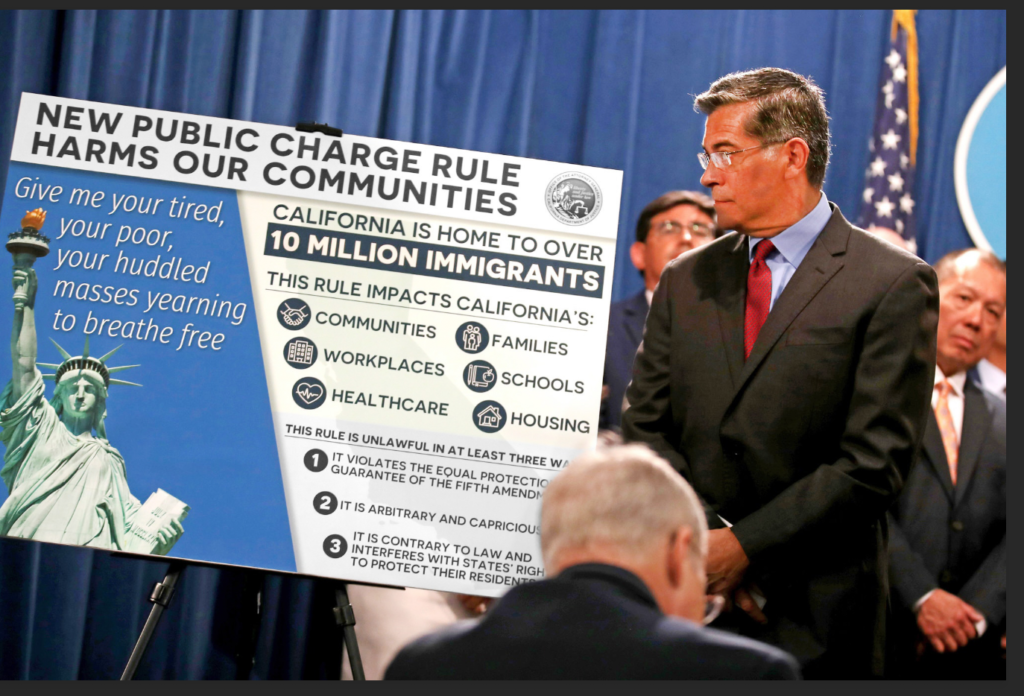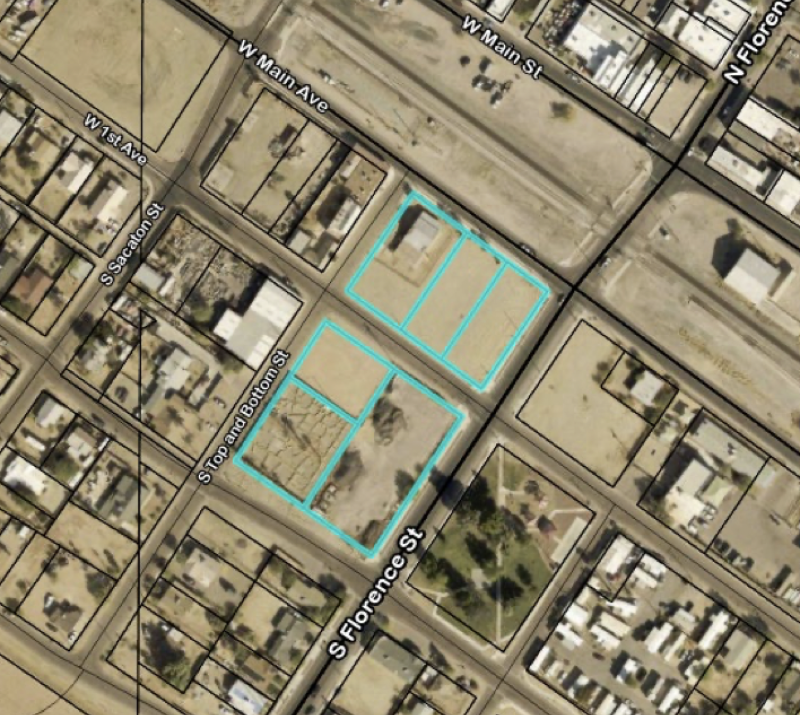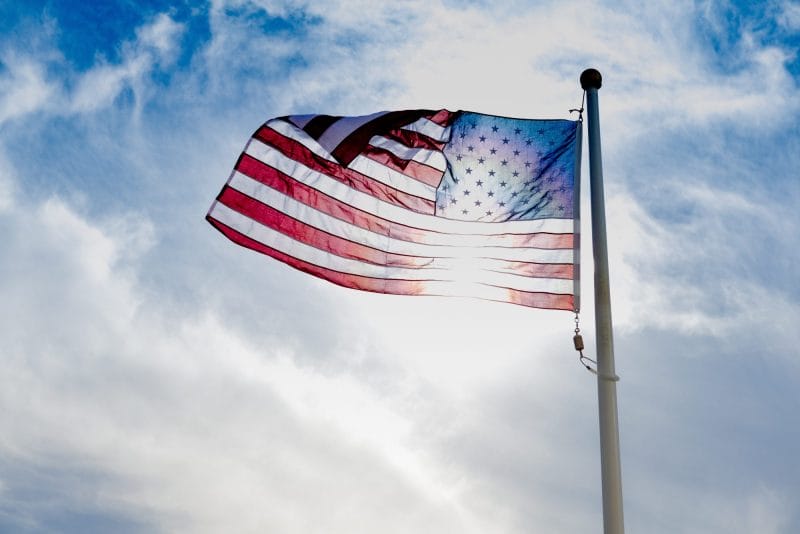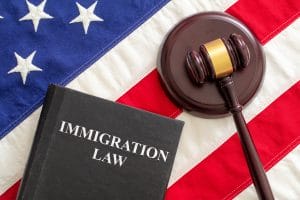
.Credit…Justin Sullivan/Getty Images
By Ariane de Vogue | CNN
A 5-4 Supreme Court is allowing a rule that would make it more difficult for immigrants to obtain legal status if they use public benefits like food stamps and housing vouchers to go into effect in every state.
Last month, a 5-4 court green-lighted the so-called “public charge” rule across the country except for Illinois, because the state was governed by a separate judicial order. Now, while litigation continues, the rule will be in effect nationwide. US Citizenship and Immigration Services says it will implement the rule on Monday.
The court’s move is a win for the Trump administration. Solicitor General Noel Francisco had argued in part that the rule, unveiled last August, is necessary because “the availability of public benefits should not be an incentive for immigration to the United States.”
The public charge rule made national headlines last summer when then-acting Director of US Citizenship and Immigration Services Ken Cuccinelli, in his defense of the rule, revised the iconic poem on the Statue of Liberty’s pedestal, saying: “Give me your tired and your poor who can stand on their own two feet and who will not become a public charge.”
The Public Charge rule is this administrations latest attempt to inhibit legal immigration to the United States. Simply put, it provides a way for USCIS to deny more green card applications. Factors such as credit history, past use of public assistance, the ability to speak English, and the mere act of applying for a green card may now be used as adverse factors in an intending immigrants application for lawful residency. The poor, the sick, the disabled, and the elderly are groups of potential immigrants that will be most affected when the public charge rule is implemented after February 24th.
~Darius Amiri








